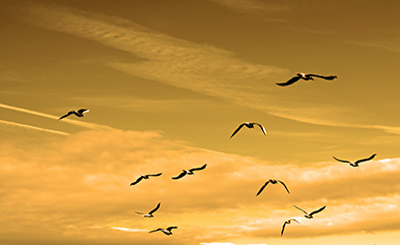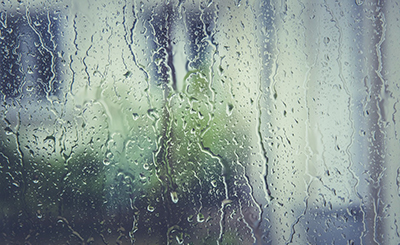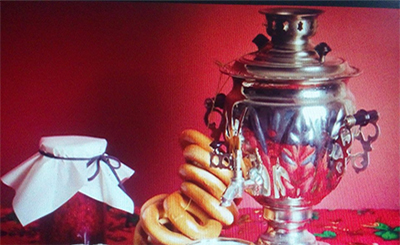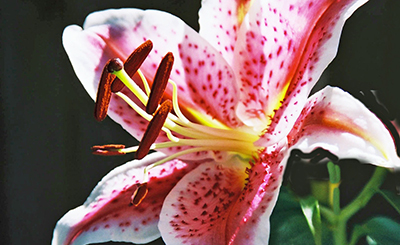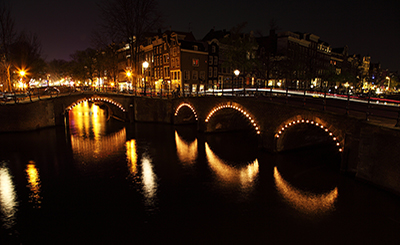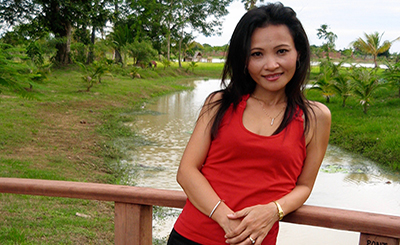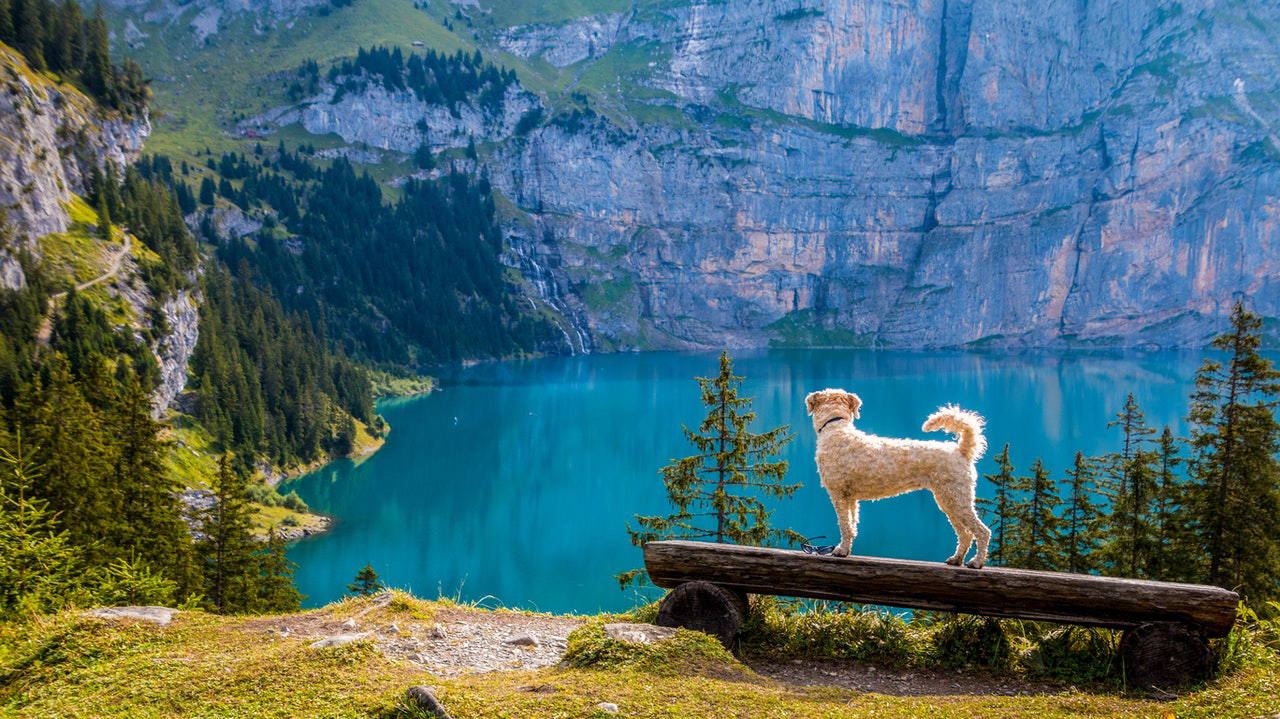
‘Poetry remains an informal art to me’
If books were to be a collation of milestones: my first Four Degrees of Separation had raw poems with jagged edges. In my second one, I leaped and lunged onto haibun for the love of prose and haiku, and in the third unpublished-as-yet book, I overreached on a high note of expression that rendered into a shortlist (2nd Gaudy Boy Poetry Book Prize 2019, NY) and a longlist (Eyewear Publishing, Beverly Prize Poetry Book Award UK 2019), but I also burnt out and had to step back from the form for a while going back to fiction.
I assume multiple voices and narrative-genders in poetry and embody humanhood and cityhood with equal penchant. Poetry remains an informal art to me. I can edit on the fly, create haiku from phrases offered at workshops by my poetry-participants, working as if on the wet clay of a line. Poetry is a test of memory like other art forms, to me. If it doesn’t stick, it doesn’t work, and I begin questioning why was it even created in the first place. But I have begun to regard the transience of the quench. Also, the fact that memory itself will fade with age and existence would become as fleeting as those poems. Over the years, I have developed a lactose-tolerance-like toward most poetry that I earlier didn’t have the patience to enjoy; I remind myself that not all light and sound are visible or audible and so in art we grow to perceive. With this, I have been growing patience like in a greenhouse.
My poetic influences have come from all good (and free like oxygen) poetry that I have read off online literary reviews and journals, or that have appeared in my inbox each day.
Earlier my poems were in written in self-defense and defiance. I wanted to fight life, notions, judgments, people, patriarchy, injustice, micro-aggression. But now that I have had catharsis, the tension has moved to feed fiction and screenplays. Every few years, I feel compelled to rotate orbitally to other art forms. My newest obsession being screenplays.
I write in free verse for its freedom and free reign. I tried the ghazal, sonnet and villanelle but they came off assembled as prefabricated buildings. I love rhythm and have been told I write lyrically — of all places in Scotland — and was asked if I write songs. I am sometimes confessional and sometimes use the refracted tangent of subterfuge behind my poetic themes. I can’t understand the theory of poetry from literature studies. I just blank out when I hear it. I don’t know how far or close, under the poem or above it I stand, or beyond its planes, but I just write because it comes naturally.
I earlier didn’t believe I was a poet, subscribing to a stereotype, to which I felt irreverent as an observer. Only when I was told I had lyricism, ethereality and thematic range, and won a shortlist at a contest, did I accept I was a poet. But I chose not to fit into preconceived molds continuing to be the person I am.
Poetry is a potable form. It grants quick publishing, instant gratification and the liquidation of long-awaited icebergs of literary achievement. It can open and close in 2-3 minutes and like morse code convey the secrets of the dark universe in a millisecond. Faster than light or a lucid dream. Because I write in haiku, haibun, short story, novel, novella and screenplay, an aquifer has formed deep inside me, giving a constant flow of epiphanies where the learnings from one form translate to discoveries for another like an ekphratic inner festival.
If there was one thing that didn’t suit me is the politics in the poetry ecosystem, the cliques and clans and myriad islands that stem from insecurities or unhealthy competition. But I am glad I have kept my distance, carrying along the craft and leaving behind the craftiness to the ocean.
the dogs of all stories
They say if the dog got the bone
like the rabbit the carrot,
the story is over.
So the lame dog starts out on a dog's journey
over a road made barren minus-ing the rain,
… putting in a little storm.
Having a shapeshifter-traveller
in search of dog hide who skins for leather
searches dog musk, tusk, teeth, paw, fur and nail
to make ornaments for souks.
The dog always has to meet the traveller
in the plot point of the story of the road
and because the story cannot have one point-of-view
it must also carry the story of the wind
of rain, of pebble, and the dust that stirs.
The traveller must take the dog on a digression,
the bone should shrink to half its size
or be eaten by rats, maggots, mites, and rodents.
The bone should be an ornament
on the Savage like a good-luck charm
or such an amok-thing...
The traveller must hypnotize the dog.
we must empathize with the dog and the traveller,
if we are true human beings.
To understand the traveller’s psyche,
you must understand his wound.
He is not all bad: just drifted, disoriented, demented
but of the same cell, bone, blood,
corpuscle, tissue, marrow, and soul.
The dog must save his life but lose his tail,
for one-eyed Odinian wisdom
and his tongue
but not his nose… to smell drift-wind
and come back on track,
to limp on a journey through eternity.
The bone must move from the neck of the Savage
after he is killed —
the bone growing from his bones
to new bone in an act of melding.
When the dog gets the bone or
the bone gets the dog
it was the story of the bone
all the way long
that we must realize we were pursuing.
Atonement
The tropical painting on glass is flaking,
after the rioting, the commotion, the stampede,
before the weight of explanations,
in the sheen of UV light, fraking
short- and long-waves polarizing
strains of deceit, fluorescing.
The restorer has walked in — brittle himself,
with a stereo-binocular microscope strapped to his head,
a fiber-optic light
and all the gadgets in place.
Removing old varnish that clouds the view
of a golden bird flying into the blue,
crammed with golden eggs.
Sensitive glass
changing temperaments of sentiments,
shocks of bright spots.
The restorer heats testaments crystalline — an excess of alkali
composites of conquest, under the N word (nationalism),
prefixed with anti-, from time to time.
He refills, retouches surface level losses,
for a unity of composition.
The picture gains old aesthetics
in pigments of resins.
New promises, mantras, Goebbels-tested
with never-aging properties, rectifying conditions
of coloring,
weathering hope with crizzling theories.
Marqueteiro now holds the painting up to air
a tarnish of new varnish — promises in believability
with adhesives of hypothesis, synthetics of adjectives,
and catharsis-stories.
The picture in quadruplicity
is then hung in the left wing,
right wing, central wing,
ceiling
of our ancient heart museums.
Somna
I walk the trail of adolescent shadows
between wakefulness and sleep.
Primitive awakenings of my ancestors —
the Jekyll and Hyde of moon-types.
Drifting into other places like a con artist,
under blankets of theta waves in limbic sensing
a vortex of smudging trails close
behind curtains of my cortex of gene-memory.
The night closes its lids on partial dangers,
shooting stars like quivering arrows.
I lay awake even in orgasms. There are no latches on my doors.
The doors are in my head, unbolting the light in my nerve,
spotting darkly guns at trigger points.
Like migratory frigate birds
that fly for months in their sleep.
Behind shut eye, alert,
searching the stars through the third eye.
The rain in the abyss holds up summers
as secrets give in, sheltering the unspooling
of dress-rehearsals. Survival of revivals.
A candle worth of hope upsets the trail
at the end of the tunnel,
as the morning moon gloats on sleeping pills,
and musky odors of day dreams.
Not even the adultery of vodka works on my gut
in the upstream rivers of denial,
as sips of forgiveness metabolize to continuums of realization
Prolonging the hindrances of surrender
to the shadows that pull over the longitudes of nights.
Asynchronous
Everything’s shut. See — we don‘t hear the churn of machine. No grease in the cogs. No oil. The
spare-parts shops are shuttered. The decrepit post office at the edge of an unmapped town and
the small roads leading out of it. Even the postwoman's cycle lies like junk: tyres punctured,
mirror broken.
spare-parts shops are shuttered. The decrepit post office at the edge of an unmapped town and
the small roads leading out of it. Even the postwoman's cycle lies like junk: tyres punctured,
mirror broken.
Only two things have motion.
Zephyrus, who disembodies through his nostrils, armpits, mouth in bhastrika pranayama. And
letters in creme envelopes, with calligraphic handwriting, overflowing the red letter box.
letters in creme envelopes, with calligraphic handwriting, overflowing the red letter box.
The letters pour from the sky, cross-hairing dusty sun beams, splintering refraction. Sometimes,
the Universe, hurt and disillusioned, herself visits. ‘Have you delivered my letter of 7th March?’
the Universe, hurt and disillusioned, herself visits. ‘Have you delivered my letter of 7th March?’
she asks on 7th May.
As if these are not letters but water to awash streets of limbo, planks to build a ship to sail over
an ocean of stars; plinths of new nations for houseboats, and bamboo stilt-huts over lake soil;
blueprints and iron rods to foster hot cement and concrete; dogmas of a new religion; bones for
new skeletons.
an ocean of stars; plinths of new nations for houseboats, and bamboo stilt-huts over lake soil;
blueprints and iron rods to foster hot cement and concrete; dogmas of a new religion; bones for
new skeletons.
Here are two more inlands. There, five. Fluttering mid-air to thin wind.
overripe fruit
in jam, pickle, cheese
new earth —
αίμα
They are bursting on the streets
from a deep gash: wounds to capillaries
leaving the atriums and ventricles: vesicles of this city
that has closed their gates on them.
They are hemorrhaging
after delivering their daily karma
of nutrients, oxygen to each cell
away and back from the city of vital substance.
They are releasing between (two) heartbeats —
a circulation of desperation: internal, external hematoma
drop-like footprints.
Feet sprouting bare earth
Co2 releasing
from two vena cavas
as the city contracts them like waste.
They are cleaning, carting
away through tricuspid valves,
they themselves disappearing
out on the cobalt street —
landless, nameless laborers
from a deep s l a s h
of intracranial, intracerebral
big city-memory.
Note: A tribute to the 2020 exodus of migrants labor leaving Mumbai in hordes on foot, far away back to their homes, some of whom never reached and many who did under weary circumstances.
The essay and the poems are part of our Poetry Special Issue (January 2022), curated by Shireen Quadri. © The Punch Magazine. No part of this essay or the poems exclusively featured here should be reproduced anywhere without the prior permission of The Punch Magazine.
Comments
*Comments will be moderated




